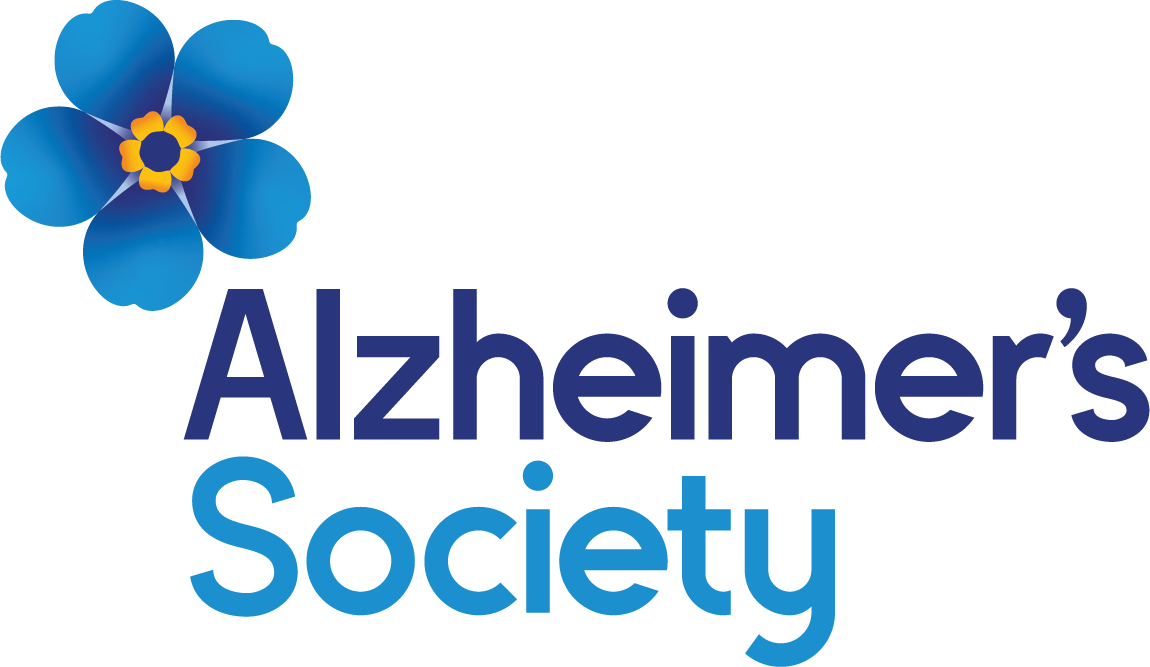We will all have heard the term ‘Dementia’. This is a general term for a decline in cognitive function, and there are several different types, each with its own causes and specific symptoms.

Alzheimer’s disease
The most common type of dementia characterised by memory loss, particularly of recent events, as well as difficulties with language, reasoning and spatial awareness.
Vascular dementia
This type is caused by blood flow problems to the brain, often due to a stroke or multiple small strokes. Symptoms can include changes in mood, behaviour and brain function.
Lewy body dementia
This type involves abnormal protein deposits in the brain, similar to Alzheimer’s. However, Lewy body dementia is more likely to cause fluctuations in alertness, visual hallucinations and movement problems.
Frontotemporal dementia
This type affects the frontal and temporal lobes of the brain, leading to changes in personality, behaviour, and language.
Mixed dementia
Some individuals experience multiple types of dementia simultaneously, making diagnosis and treatment more complex.
In addition to these, other rarer types of dementia exist, such as Creutzfeldt-Jakob disease, which causes a rapid decline in cognitive function. Some types of dementia can also be caused by other medical conditions or brain injuries.
Understanding the specific type of dementia a person has can help inform the best approach to care and support.
At some time, you, your loved ones or a work colleague will be affected by Dementia and its effects. Here are some videos and links you may find helpful:

dementiauk.org is a charity that provides Admiral Nurses for families affected by dementia. With the support of Dementia UK, families facing dementia know they’re not alone.

alzheimers.org.uk The Alzheimer’s Society is working towards a world where dementia no longer devastates lives. They do this by giving help to those living with dementia today, and providing hope for the future.
The Alzheimer’s Society’s Dementia Support Line can be contacted on:
0333 150 3456
Monday to Wednesday 9am – 8pm
Thursday & Friday: 9am – 5pm
Saturday, Sunday & Bank Holidays 10am – 4pm
alzheimers.org.uk/get-support/dementia-support-line
Alzheimer’s Research UK stands for everyone affected by dementia. They provide information on the disease and are actively looking for cure.
Support for Carers:
Did you know that all employees who qualify as a Carer can apply for up to one week of unpaid Carer’s leave in any rolling 12-month period? See the Family Leave policy on eTouch for more details or speak to your line manager.
Who is considered a carer?
A carer is anyone, including children and adults who looks after a family member, partner or friend who needs help because of their illness, frailty, disability, a mental health problem or an addiction and cannot cope without their support.
Getting help and support as a carer
alzheimers.org.uk/get-support/help-dementia-care/getting-support
nhs.uk/conditions/dementia/living-with-dementia/looking-after-someone/
nhs.uk/social-care-and-support/support-and-benefits-for-carers/carer-assessments/
carers.org/caring-for-someone-with-dementia/
Carers UK information and support
For information and signposting, can be contacted on 0808 808 7777 from Monday to Friday, 9am – 6pm (including Bank Holidays).
If you have a more complex query or would like more detailed guidance, you should email advice@carersuk.org and they will be able to provide more information.
Find out about online support sessions at carersuk.org/help-and-advice/your-health-and-wellbeing/online-meetups/
If you have a general enquiry, please email info@carersuk.org




